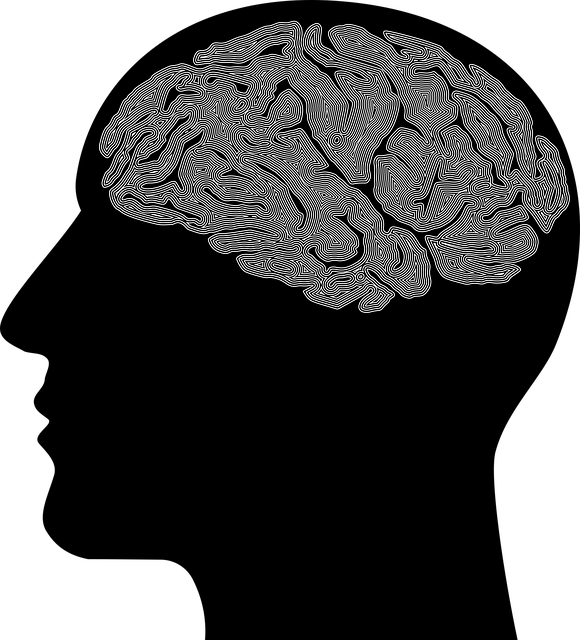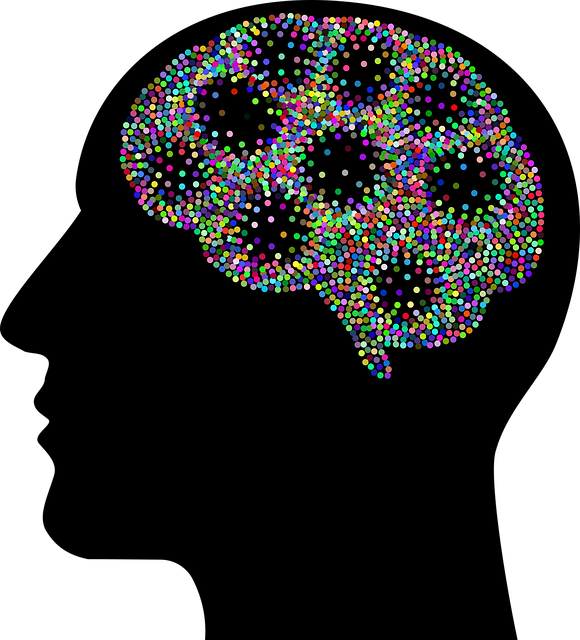The stigma around mental health conditions like Broomfield Autism Spectrum Disorder (ASD) can severely impact individuals' well-being, but initiatives like Broomfield ASD Therapy are transforming this landscape. By promoting understanding through education, training, and media representation, communities can reduce judgment and encourage support. Interactive programs, support groups, and peer mentorship foster empathy, personalized care, and positive thinking for those with ASD, ultimately creating an inclusive environment where everyone feels comfortable prioritizing their mental health.
Mental illness stigma is a pervasive barrier to seeking treatment, yet reduction efforts have shown promising results. This article explores various strategies aimed at fostering understanding and acceptance, from case studies like Broomfield Autism Spectrum Disorder Therapy to educational initiatives, media representation, and support groups. By examining these approaches, we gain insights into how communities can break down stereotypes and create a more inclusive environment for those facing mental health challenges.
- Understanding the Impact of Stigma on Mental Health
- Broomfield Autism Spectrum Disorder Therapy: A Case Study in Reducing Stigma
- Educational Initiatives for Community Awareness and Acceptance
- Media Representation and Its Role in Shaping Public Perception
- Support Groups and Peer Mentorship Programs: Building a Network of Understanding
Understanding the Impact of Stigma on Mental Health

Stigma surrounding mental illness can have profound effects on individuals’ lives, impacting their overall well-being and recovery journey. When a person with a condition like Broomfield Autism Spectrum Disorder (ASD) faces societal stigma, it often leads to increased anxiety, depression, and social isolation. This internalized shame might discourage them from seeking the necessary support, such as therapy, for fear of judgment or misunderstanding. As a result, their symptoms could worsen, affecting daily functioning and overall quality of life.
Reducing this stigma is essential, and it starts with raising awareness about mental health issues. Educating both the general public and healthcare providers through initiatives like Cultural Competency Training can foster empathy and understanding. By learning about diverse conditions, including ASD, healthcare providers can offer more personalized care. This approach promotes positive thinking and encourages individuals to embrace their unique needs without fear, ultimately empowering them to prioritize their mental health using evidence-based practices like Mind Over Matter principles.
Broomfield Autism Spectrum Disorder Therapy: A Case Study in Reducing Stigma

Broomfield Autism Spectrum Disorder (ASD) Therapy is a pioneering initiative that demonstrates significant progress in reducing the stigma associated with mental health conditions, particularly autism. This therapeutic program focuses on creating an inclusive environment where individuals with ASD can receive specialized support tailored to their unique needs. By employing innovative practices and fostering understanding, the therapy group aims to dispel misconceptions and promote positive perceptions of autism.
Through a series of interactive sessions, the Broomfield program encourages participants to develop effective stress management techniques and emotional well-being promotion strategies. These workshops, led by experienced professionals, empower individuals to navigate social interactions with confidence, enhancing their overall sense of belonging and self-worth. By embracing a positive thinking mindset, the therapy group empowers its members to challenge societal norms and contribute to a more accepting and supportive community for those on the autism spectrum.
Educational Initiatives for Community Awareness and Acceptance

Educational initiatives play a pivotal role in reducing the stigma surrounding mental illness. By bringing awareness and fostering acceptance within communities, we can create an environment where individuals with conditions like Broomfield Autism Spectrum Disorder (ASD) receive support and understanding. These efforts often involve workshops, seminars, and interactive programs that educate the public about various aspects of mental health, including the nuances of different disorders.
Promoting emotional intelligence and teaching mind-over-matter principles can empower communities to challenge stereotypes and offer genuine support. Schools, community centers, and local businesses can all contribute by hosting such educational initiatives, ensuring a broader understanding of mental health challenges and encouraging empathy and compassion. Increased Mental Health Awareness leads to more inclusive spaces where everyone feels comfortable seeking help when needed.
Media Representation and Its Role in Shaping Public Perception

The media plays a significant role in shaping public perception and understanding of mental health issues. Portrayals of individuals with mental illnesses, especially those with conditions like Autism Spectrum Disorder (ASD) in Broomfield, can either perpetuate or challenge societal stigmas. Positive and accurate media representation can normalize conversations around mental wellness, encouraging empathy and support. For instance, showcasing individuals with ASD leading fulfilling lives can counter the misperception that such disorders are debilitating.
Media has the power to influence how society views and interacts with those facing mental health challenges. Therefore, it is crucial for healthcare providers to collaborate with media outlets to ensure responsible and sensitive storytelling. This collaboration, coupled with cultural competency training for healthcare providers and burnout prevention strategies, can contribute to a more inclusive and supportive environment, ultimately reducing the stigma surrounding mental illness.
Support Groups and Peer Mentorship Programs: Building a Network of Understanding

Support Groups and Peer Mentorship Programs play a pivotal role in reducing the stigma surrounding mental illness by fostering understanding and empathy within communities. These initiatives bring individuals together who share similar experiences, creating a network of support that can significantly impact emotional well-being promotion techniques. For instance, groups dedicated to Broomfield Autism Spectrum Disorder Therapy offer safe spaces for autistic individuals to connect, share challenges, and learn from one another, thereby enhancing social skills training and self-care practices.
Peer mentorship programs further strengthen this supportive infrastructure by pairing individuals with lived experiences of mental health challenges as mentors with those seeking guidance or facing similar issues. This approach not only helps in navigating the complexities of managing a condition like autism but also encourages open dialogue about mental illness, challenging societal norms and stereotypes. By participating in these initiatives, members can dispel myths, reduce anxiety, and promote a more inclusive environment where everyone feels valued and understood.
Mental illness stigma reduction is a multifaceted effort that requires education, awareness, and supportive communities. As seen in the case study of Broomfield Autism Spectrum Disorder Therapy, targeted interventions can significantly improve public perception and reduce barriers to care. By implementing educational initiatives, harnessing media representation, and fostering support groups, we can create a more inclusive society that embraces diversity in mental health. These strategies, combined with ongoing dialogue, are essential steps towards destigmatization and enhancing the well-being of individuals facing mental health challenges.














